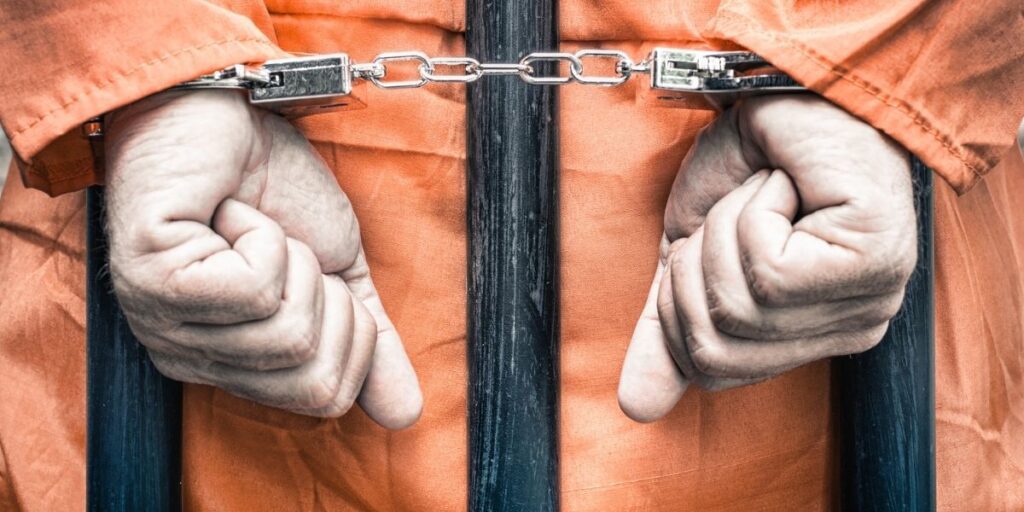Published September 09, 2020
Florida and the United States, in general, take a tough stance against illegal drugs. In fact, 48.9% of federal convictions in Florida in 2001 alone are drug-related.
The state’s proximity to drug-producing countries makes it a hotbed for the illegal drug trade. This is also why Florida’s drug laws are pretty strict. Even the simple mistake of carrying marijuana without medical prescription can land you up to a year in prison and or a $1,000 fine.
The punishment, however, generally depends on which drug you are caught with.
FLORIDA’S DRUG SCHEDULE
Not all illegal drug convictions in Florida have the same prison time. The state maintains a drug schedule that classifies controlled substances based on their medical value and likelihood of abuse.
SCHEDULE I:
Substances under this schedule have no proven medical value and have a high likelihood of abuse. This includes:
- Acetyl-alpha-methylfentanyl
- Benzylfentanyl
- Betamethadol
- Phenadoxone
- Fentanyl Derivatives
SCHEDULE II:
These are substances with high potential for abuse and have currently accepted but severely restricted medical uses. The abuse of these substances can lead to severe psychological or physical dependence. This includes:
- Opium or any salt, compound, or a derivative thereof;
- Any part of the opium poppy plant
- Oxycodone
- Morphine
- Cocaine or Ecgonaine
- Methamphetamine
SCHEDULE III:
Substances with lesser potential for abuse than those in Schedules I and II and with accepted medical use belong here. Some of them are:
- Barbituric acid or any derivative thereof;
- Buprenorphine
- Nalorphine
- Anabolic steroids
- Ketamine
SCHEDULE IV:
Substances under this schedule have a lower potential for abuse than those in Schedule III and have accepted medical uses. Abuse of these substances may lead to limited physical or psychological dependence. Examples are:
- Alfaxalone
- Barbital
- Diazepam
- Petrichloral
SCHEDULE V:
Substances in this list have lower abuse potential than those in the previous schedule and have accepted medical uses. This includes:
- Brivaracetam
- Ezogabine
- Lacosamide
- Pregabalin
- Stimulants
Controlled substances under Schedule I often have heavier punishment than the rest. The lower the drug’s potential abuse, the lesser is its penalty. This is why possession of drugs under schedule V often have lighter punishments. For the complete schedule, just log-on to Florida’s senate site.

When is Marijuana Legal?
Though marijuana has accepted medical uses, it’s still classified as a controlled substance under federal laws. So the possession of which on federal grounds can still send you to prison.
In Florida, however, the Compassionate Act of 2014 allows the cultivation of marijuana for medical purposes. But this doesn’t mean that you can just buy it as you would your groceries. You still need to apply for a medical marijuana card. Furthermore, the law imposes purchasing and possession limits to prevent its abuse.
If you can’t secure a medical marijuana card, then you must at least have a prescription. Failure to have either of those can certainly land you in prison.
Drug Possession
For a drug possession charge to progress, the following elements must be present:
- the substance found in your possession is illegal under Florida laws;
- you know about the drug and that you’re aware it is illegal;
- the drug is found in your person, your vehicle, or your home
If all these three are present, you can be charged with either misdemeanor or felony. Aside from the type of drugs you are caught with, the quantity also matters. Obviously, the more drugs you possess, the longer the prison time will be. Furthermore, if you are arrested in certain areas like those near schools or daycare centers, steeper punishments may apply.
Possession of Drug Paraphernalia
Even if you aren’t caught with actual drugs, the mere possession of drug paraphernalia can send you to prison. Drug paraphernalia refers to any object that is used for producing, processing, or consuming illegal drugs.
Drug Trafficking
Under Florida law, drug trafficking refers to the intentional sale, purchase, manufacture, delivery, or transportation of controlled substances. Just like drug possession, the punishment depends on the type and quantity of drugs you are caught with. But a drug trafficking charge has a heavier punishment than mere possession.
Punishment
The punishment for possession or trafficking of illegal drugs depends on whether it’s a misdemeanor or felony.
First-degree misdemeanor charges carry a penalty of up to 1 year in prison and/or a $1,000 fine. If the charge is elevated to a third-degree felony, expect a prison term of up to 5 years and/or up to $5,000 fine. While first-degree felonies carry a jail term of up to 30 years and/or up to $10,000 fine.
Possession of up to 20g of marijuana is usually considered a first-degree misdemeanor.
While possession of the following can qualify for third-degree felony:
- More than 20g or marijuana
- up to 28g of cocaine
- up to 10g of MDMA or ecstasy
- up to 1g of LSD
- up to 4g of heroin or opiate
First-degree felony charges, on the other hand, includes the possession of:
- more than 25lbs of marijuana
- more than 28g of cocaine
- more than 10g of MDMA or ecstasy
- more than 1g of LSD
- more than 4g of heroin or opiate.
A misdemeanor offender with at least 4 prior convictions is also subject to enhanced penalties.

ABOUT THE AUTHOR
Judy Ponio is a firm believer in the power of sharing knowledge. Having extensive experience in the prison industry, she wants to share what she knows with the world. Judy also loves to write about political and legal topics.
